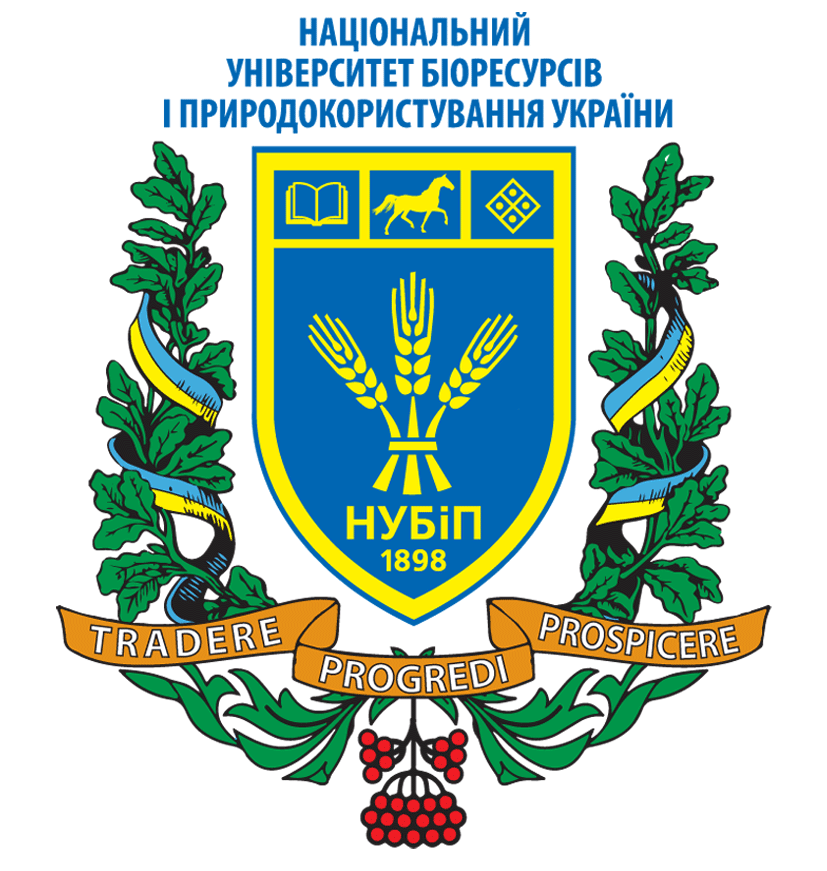The impact of Kenya-Egypt defence cooperation on Nile Basin internecine conflicts
DOI:
https://doi.org/10.51867/AQSSR.2.4.3Keywords:
Bilateral Relations, Basin Interdependence Conflicts, Defense Cooperation, Internecine Conflicts, Nile BasinAbstract
Power asymmetries frequently compound basin politics, raising the question of how to manage with riparian hegemons, such as those in the Rhine, Tigris-Euphrates, Turkey, Egypt, India, and China, in addition to Nigeria or South Africa. These hydro hegemons often refuse to be drawn into mutual multilateral basin fora, preferring to deal with weaker partners individually on a bilateral basis. Despite the coexistence of security collaborations, basin-internecine conflicts have continued unabated, thus raising significant concerns.The concurrent existence of defense cooperation initiatives and water-related tensions between Kenya and Egypt poses challenges in balancing security interests and resolving disputes over shared water resources. The objective of this study was to assess the impact of Kenya-Egypt defense cooperation on Nile Basin internecine conflict. The study was underpinned by structural realism theory, securitization theory, and conflict theory. It was guided by descriptive research design. The study areas were Nairobi, Kenya, and Cairo, Egypt. The total sample size was 225, drawn from a target population of Kenya Defence Forces and Egypt Defence Forces at Berenice military base in Egypt; officials from the Ministry of Defense; officials from the Ministry of Foreign Affairs in Nairobi and Cairo, Egypt; the Egypt military attaché in Kenya; officials from the International Peace Support Training Centre; Kenya’s High Commissioner in Cairo, Egypt; and Kenya attachés in Cairo, Egypt. Both purposive and convenience sampling were used. Both primary and secondary data collection were used. Data was analyzed both quantitatively and qualitatively. Study findings indicated that the Kenya-Egypt defense cooperation is viewed as an element of a much greater strategy aiming at bolstering the security architecture of the region. Its cooperation with Kenya has been both a solution to the conflict through joint peace efforts, addressing environmental concerns, shared mutual state interests, and regional stability and a causal factor to the Nile internecine conflict through promoting Egyptian hegemony and creating diplomatic hubs. The study recommends that both countries, on a sustainable basis, adopt a dyadic approach in consolidating and coordinating their strategies, devoid of either national interest obscuring the collective security endeavor.
References
Adar, K., & Check, N. (2011). Cooperative diplomacy, regional stability and national interests: The Nile River and the riparian states. Pretoria: African Books Collective.
Althusser, L. (1970). Ideology and ideological state apparatuses (Notes towards an investigation) (B. Brewster, Trans.). In Lenin and philosophy and other essays. New York: Monthly Review Press. https://www.marxists.org/reference/archive/althusser/1970/ideology.htm
Frank, A. G. (1971). Capitalism and underdevelopment in Latin America: Historical studies of Chile and Brazil. Harmondsworth: Penguin.
Gramsci, A. (1971). Selections from the prison notebooks of Antonio Gramsci. New York: International Publishers.
Hanasz, P. (2014). Power flows: Hydro-hegemony and water conflicts in South Asia. Security Challenges, 10(3), 95-112.
Herrera, F. S. (2022). Water conflict analysis: The Nile River dispute. Revista Anatis Juridico Politico, 4(8), 83-112.
https://doi.org/10.22490/26655489.5877 DOI: https://doi.org/10.22490/26655489.5877
Jackson, R., & Sørensen, G. (2007). Introduction to international relations: Theories and approaches. New York: Oxford University Press.
Jay, M. (1973). The dialectical imagination: A history of the Frankfurt School and the Institute of Social Research: 1923-1950. Boston: Little, Brown.
Kagwanja, P. (2007). Calming the waters: The East Africa Community and conflict over the Nile resources. Journal of Eastern African Studies, 1(3), 321-337. https://doi.org/10.1080/17531050701625565 DOI: https://doi.org/10.1080/17531050701625565
Keskinen, M., Inkinen, A., Hakanen, U., Rautavaara, A., & Niinioja, M. (2014). Water diplomacy: Bringing diplomacy into water cooperation and water into diplomacy. In G. Pangare (Ed.), Hydro diplomacy: Sharing water across borders (pp. 35-40). Bangkok: Academic Foundation.
Kimenyi, M., & Mbaku, J. (2015). Governing the Nile River Basin: The search for a new legal regime. Washington, DC: Brookings Institution Press.
Kinne, B. J., & Bunte, J. B. (2020). Guns or money? Defense co-operation and bilateral lending as coevolving networks. British Journal of Political Science, 50(3), 1067-1088. https://doi.org/10.1017/S000712341800056X DOI: https://doi.org/10.1017/S0007123418000030
Kothari, C. (2004). Research methodology: Methods and techniques (2nd ed.). New Delhi: New Age International Publishers.
Marcuse, H. (1964). One-dimensional man: Studies in the ideology of advanced industrial society. Boston: Beacon Press.
Mearsheimer, J. (2006). Structural realism. In T. Dunne, M. Kurki, & S. Smith (Eds.), International relations theories: Discipline and diversity (pp. 71-88). Oxford: Oxford University Press.
Mekonnen, D. (2010). The Nile Basin cooperative framework agreement negotiations and the adoption of a 'water security' paradigm: Fight into obscurity or a logical cul-de-sac? European Journal of International Law, 21(2), 421-440.
https://doi.org/10.1093/ejil/chq027 DOI: https://doi.org/10.1093/ejil/chq027
Okoth, P. (2007). The Nile River question and the riparian states: Conceptualizing Uganda's foreign policy interests. African Sociological Review, 11(1), 81-94. https://doi.org/10.4314/asr.v11i1.51444 DOI: https://doi.org/10.4314/asr.v11i1.51444
Oloo, A. (2007). The quest for cooperation in the Nile water conflicts: The case of Eritrea. African Sociological Review, 11(1), 95-105. https://doi.org/10.4314/asr.v11i1.51447 DOI: https://doi.org/10.4314/asr.v11i1.51447
Suarez, J. (2011). Achieving equitable water use in the Nile Basin: Time to refocus the discourse on collective human security? Review of African Political Economy, 38(129), 455-466.
https://doi.org/10.1080/03056244.2011.602545 DOI: https://doi.org/10.1080/03056244.2011.602545
Swain, A. (2008). Mission not yet accomplished: Managing water resources in the Nile River Basin. Journal of International Affairs, 61(2), 201-214.
Swain, A. (2011). Challenges for water sharing in the Nile basin: Changing geo-politics and changing climate. Hydrological Sciences Journal, 56(4), 687-702. https://doi.org/10.1080/02626667.2011.577037 DOI: https://doi.org/10.1080/02626667.2011.577037
Tawfik, K. (2020). Conflict and cooperation in the Eastern Nile: The role of business. Social Science Research Council, African Peace Building Network Papers, (26).
Tesfaye, A. (2014). Conflict and cooperation and the evolution of the nascent Nile Basin regime. Northeast African Studies, 14(1), 123-144. https://doi.org/10.14321/nortafristud.14.1.0123 DOI: https://doi.org/10.14321/nortafristud.14.1.0123
Waltz, K. (1979). Theory of international politics. Reading, MA: Addison-Wesley.
Yamane, T. (1967). Statistics: An introductory analysis (2nd ed.). New York: Harper and Row.
Zeidan, A. (2015). ResearchGate. http://www.researchgate.net/publication/281320402 http://tradingeconomics.com
Downloads
Published
Issue
Section
License
Copyright (c) 2025 African Quarterly Social Science Review

This work is licensed under a Creative Commons Attribution-NonCommercial 4.0 International License.





















